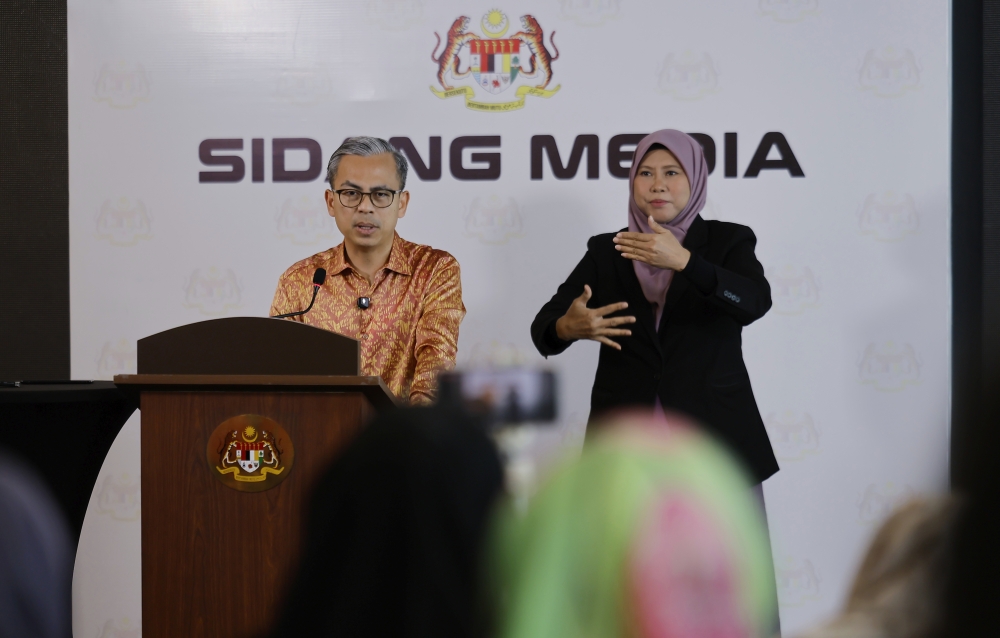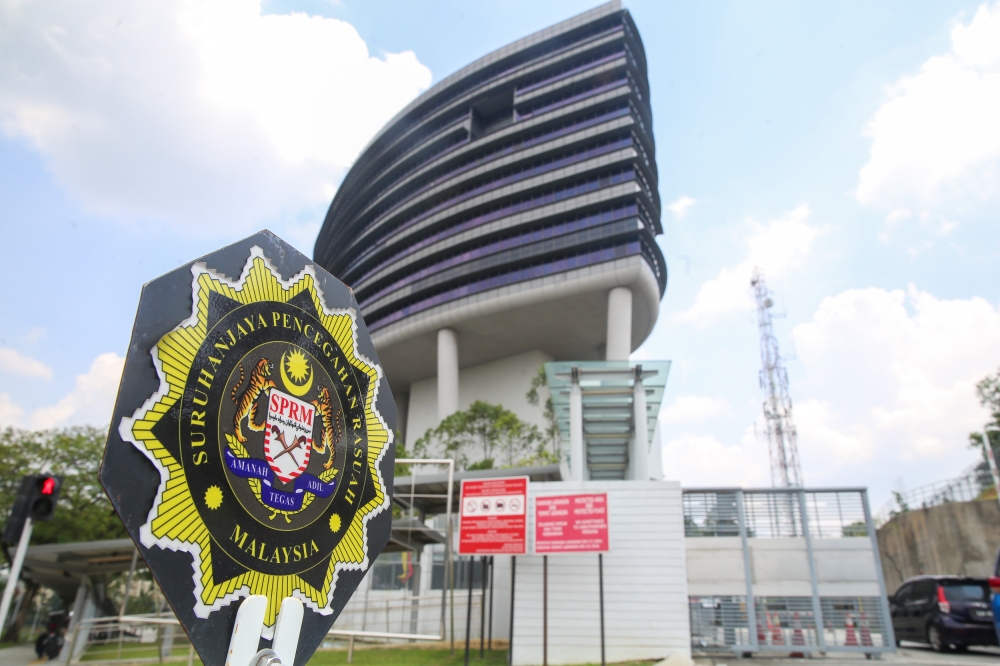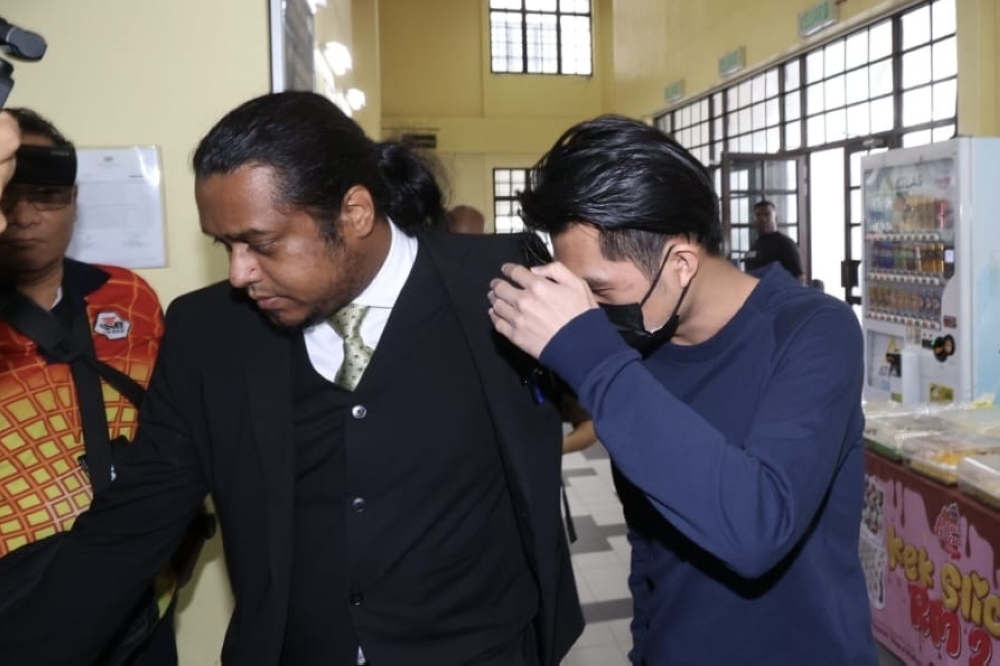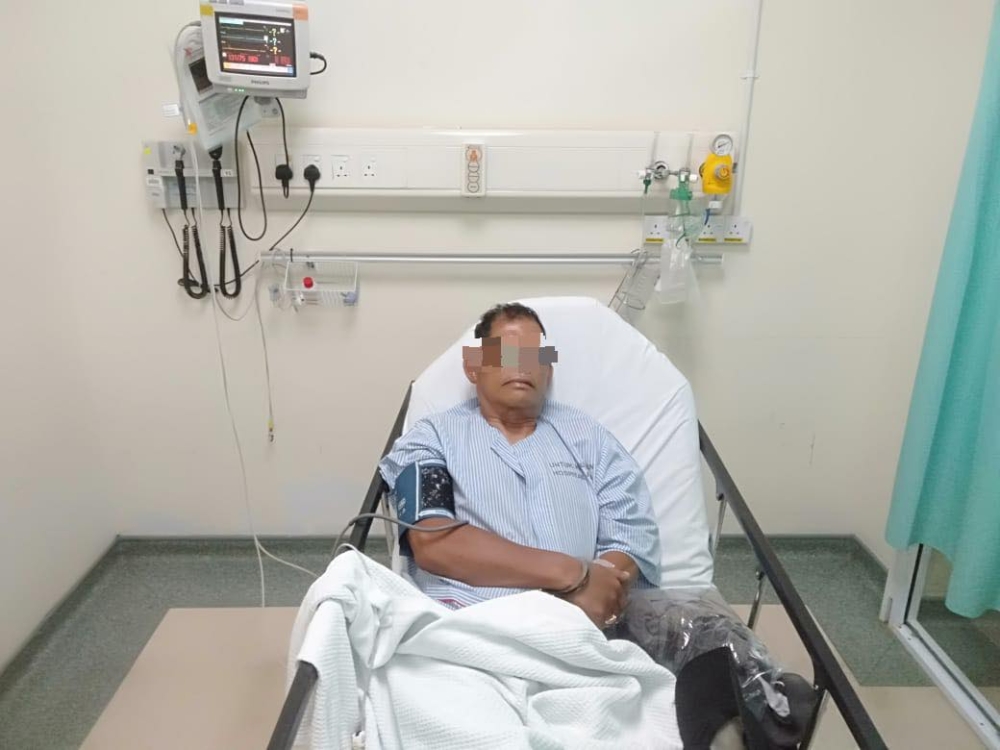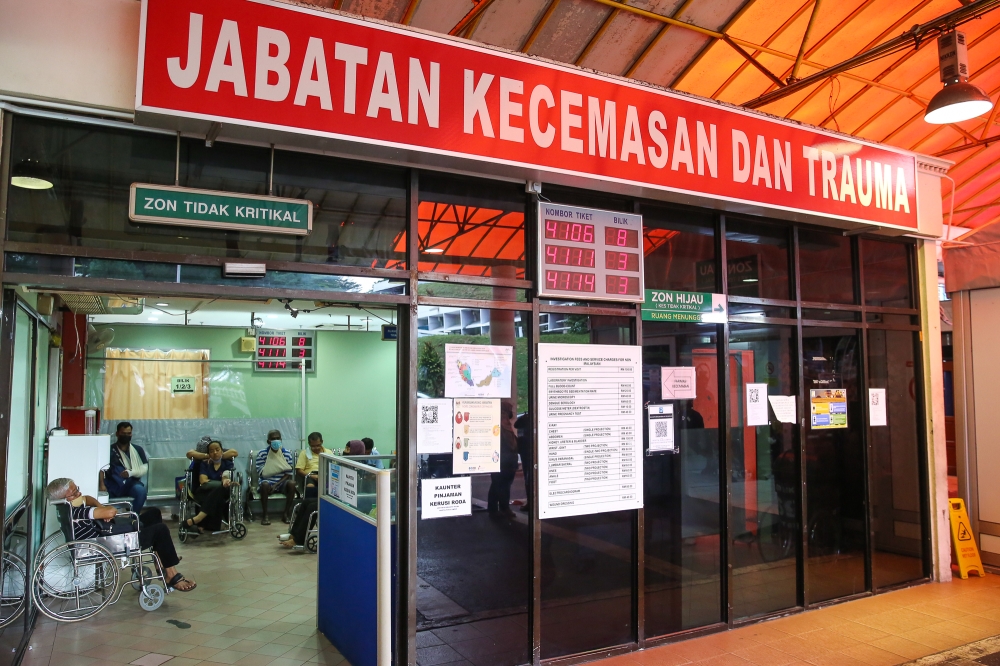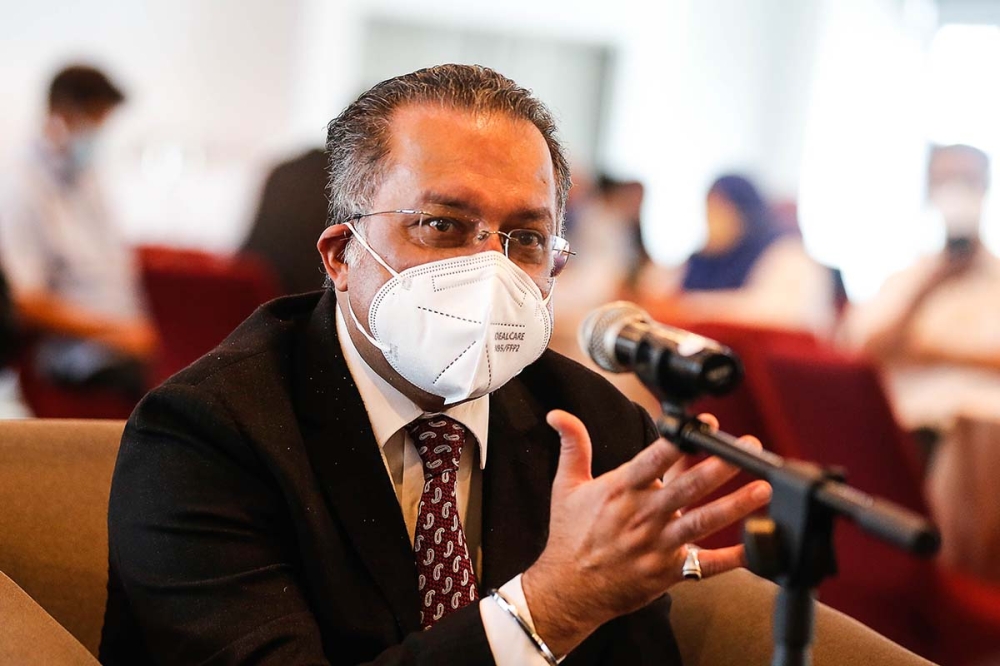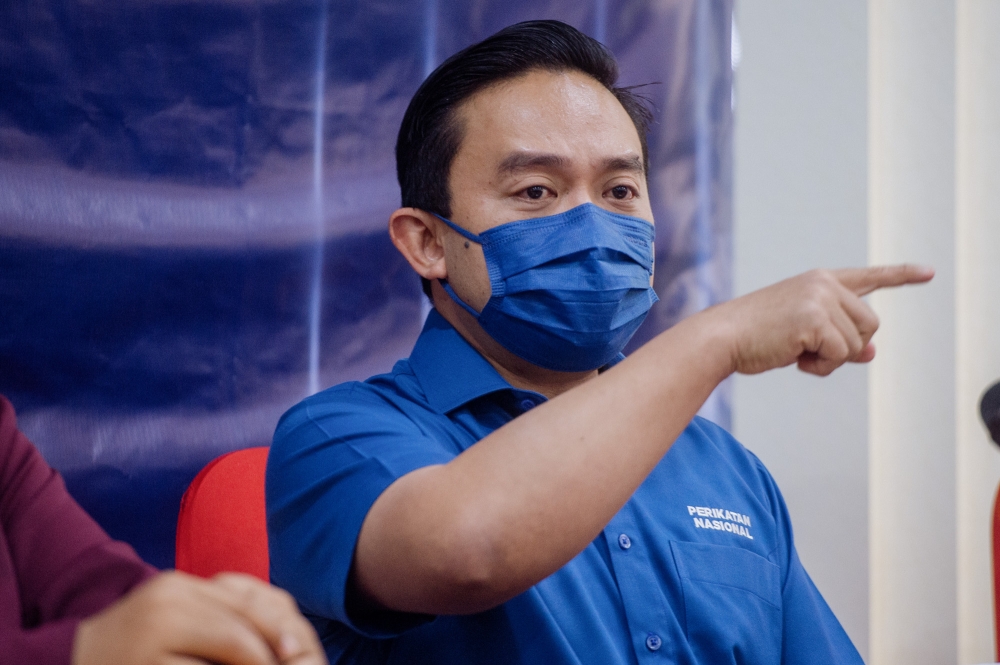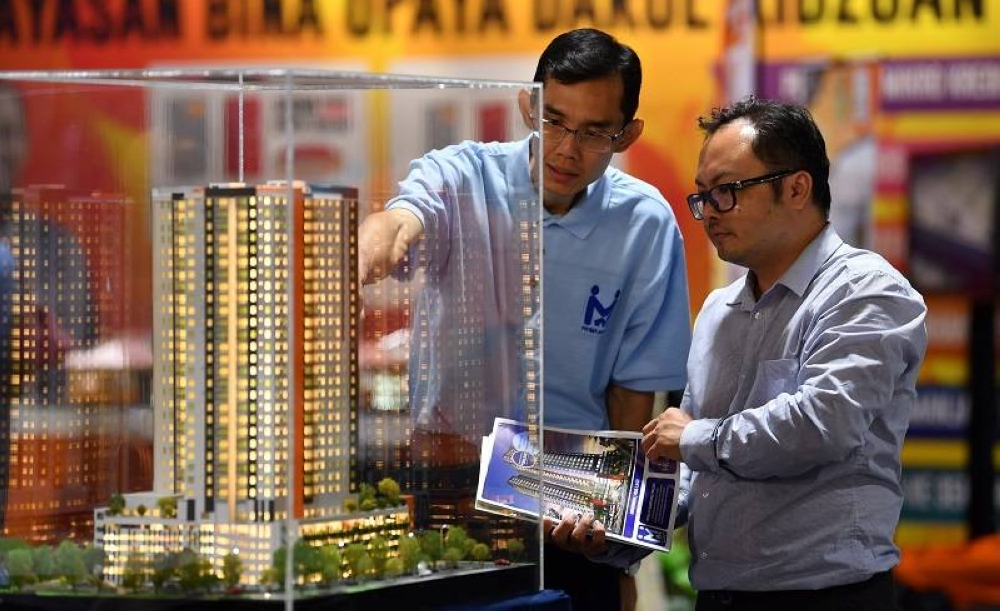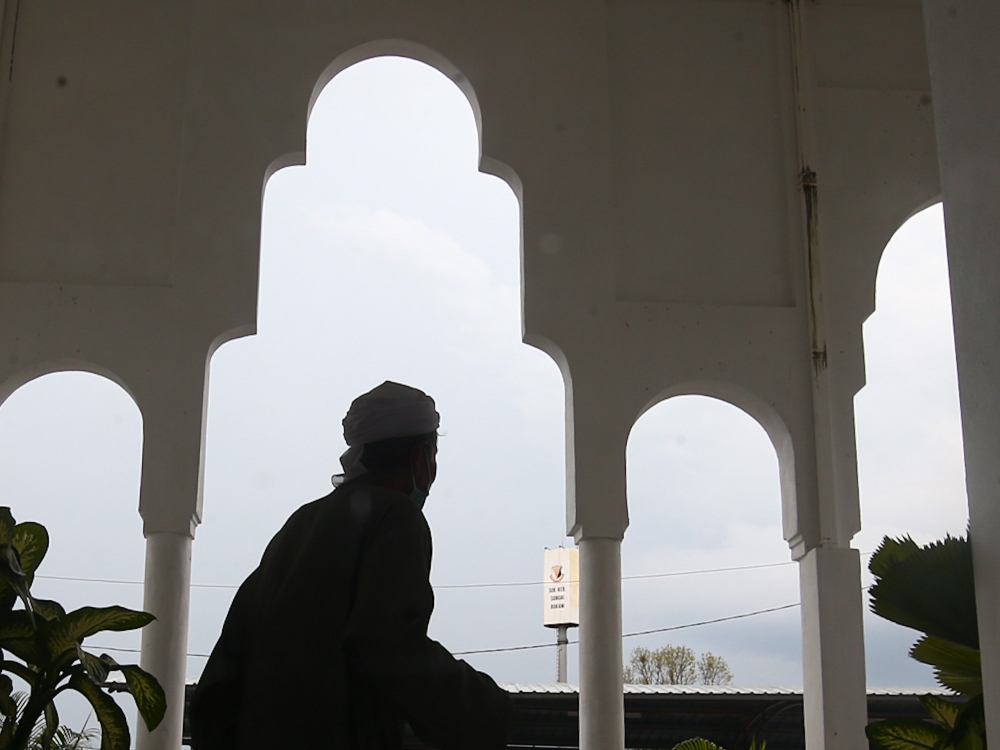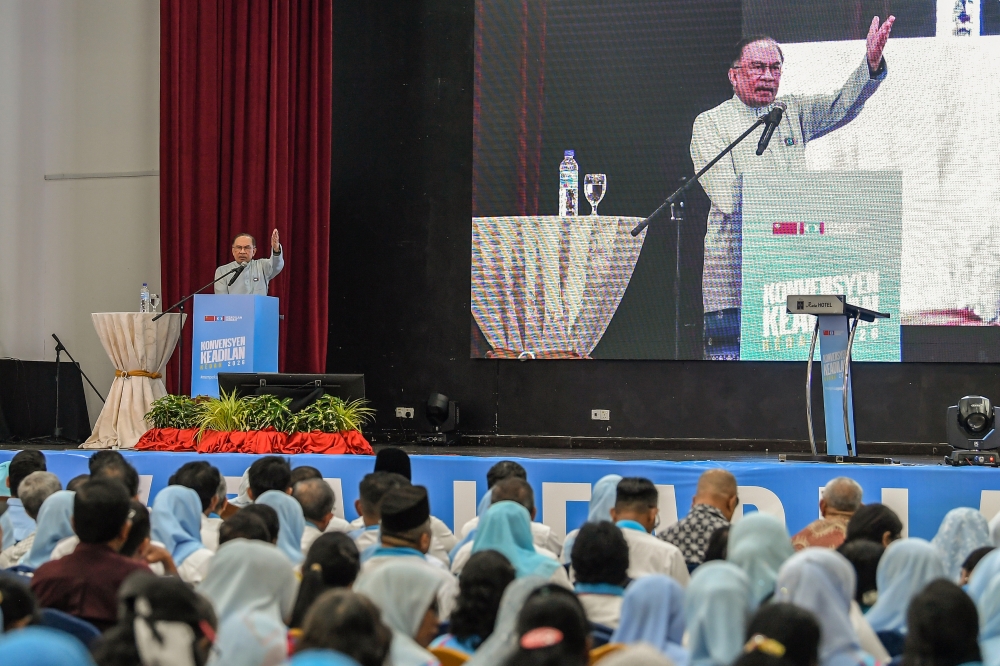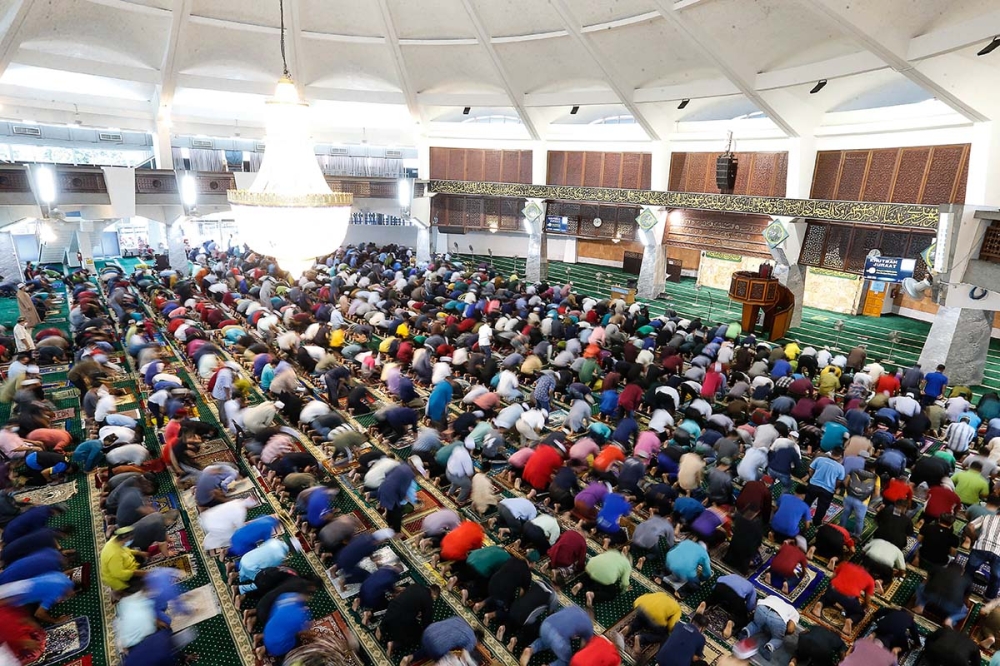GEORGE TOWN, Jan 28 — Two Penang Pakatan Harapan (PH) leaders have hit out at Perikatan Nasional’s disinformation accusing the DAP-led Penang government of sidelining the Malays through its housing policies.
State executive councillor (exco) Jagdeep Singh Deo said the distribution of low and medium-cost housing units among the different ethnic groups was already set in law ever since the Barisan Nasional administration, and is now in line with the Penang state structure plan 2030.
“The allocation of low-cost housing units were according to the percentage stipulated in the structure plan where 55 per cent is for Bumiputera, 30 per cent for Chinese and others and 15 per cent for Indians,” he said when contacted.
He added that for low and medium-cost units, 35 per cent goes to Bumiputera, 50 per cent to the ethnic Chinese and others, and 15 per cent to the ethnic Indians.
“These are the quotas already in place from the state structure plan 2007 and we did not change it, we kept the same percentage,” he said.
The state structure plan 2007 was gazetted during the then BN administration led by Gerakan, before PH took over the state administration in 2008.
Jagdeep, the state exco for housing and local government, said those who manipulated the issue of housing Penang to score political points should first look at their facts.
“These are baseless accusations made without looking at the law,” he said.
Parti Pribumi Bersatu Malaysia’s Datuk Wan Saiful Wan Jan recently accused the state government of adopting a public housing scheme to change the demography of the island.
He alleged that due to the DAP-led state government’s housing policy, the percentage of property ownership among Malays in the state has remained low at only 27 per cent while 55 per cent of properties in Penang are owned by the ethnic Chinese.
Wan Saiful’s attack is the latest from PN’s attempt to undermine the PH federal government’s effort to learn from Singapore’s public housing formula by claiming that the move would destroy Malay villages and reduce the proportion of Malays living in public housing.
The narrative has since been repeated and amplified by Bersatu’s partner in PN, the Islamist party PAS, and other Islamist and pro-Malay groups.
This comes as Local Government Development Minister Nga Kor Ming said that the Singaporean government had given its approval for the country’s Housing Development Board (HDB) flat contractors to visit his ministry next month to share their knowledge on building affordable housing.
Meanwhile, Penang PKR information chief Amir H. Ghazali also slammed Wan Saiful for his baseless accusations, by pointing out that there are 200 traditional “kampungs” in Penang that still exist and maintain their traditional way of life even in the middle of the city.
“For example, Bagan Jermal, which is over 80 years old and existed before the Japanese occupation, is still in existence,” he said.
He said there were no issues of the Malays being evicted due to a new housing project but the state government had provided a solution through its relocation policy.
“The question now is what is the link between the bringing in of Singaporean housing experts with property ownership in Penang that Wan Saiful brought up?” he asked.
He said the issue of property ownership among Bumiputera in Penang was a long-standing one from the days when the state was under the administration of BN and Gerakan when the then chief minister was Tan Sri Koh Tsu Koon between 1990 and 2008.
“The fact that he is claiming that the bringing in of experts from Singapore will affect the harmony of the people especially in Penang was obviously made with ill intentions to smear the Penang state government’s reputation,” he said.
He said there is nothing wrong with Singapore’s HDB model being introduced in Malaysia, especially if it was to upgrade the quality of life of the public.
“Malaysia not only needs to learn from the HDB system but also to understand its benefits, one of which was that it successfully provided affordable housing in highly dense areas, they were also innovative in using technology and data analysis to improve their services,” he said.
“Malaysia is not the only country that wants to learn from Singapore, in fact, even the UAE, South Korea and even Indonesia,” he added.
Amir said Singapore’s HDB concept is to prepare as many public housing units as possible by the government for its citizens so that the housing prices are not as high as those sold by private developers.
“In summary, with the HDB model, it is hoped that issues linked to public housing in Malaysia such as a dirty environment, lack of maintenance and upkeep, and vandalism can be resolved,” he said.




